Riddle: We are tough straps of strong, elastic tissue that bind bones together. Our name has three syllables and comes from a word meaning "to tie." What are we? (Hint: This material protects your bones from rubbing together.)
These are ligaments.
What are the thick cords that hold your bones together called?
a. cartilage
b. muscles
c. ligaments
Ligaments hold our bones together.
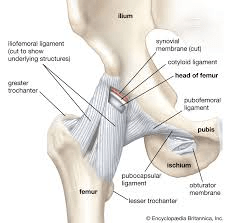
Doctors use x-rays.
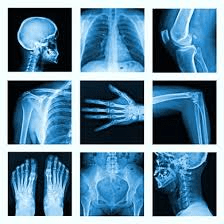
Why do you think it is more common to break an appendicular bone than an axial bone?
Appendicular bones are more vulnerable because they are more exposed, used often to move about and play, etc.
What would happen if there was no cartilage at the joints?
Bones would more easily become worn down.
The point where two bones meet is called. . .
a. a joint
b. a cap
c. cartilage
The point where two bones meet is called a. a joint.
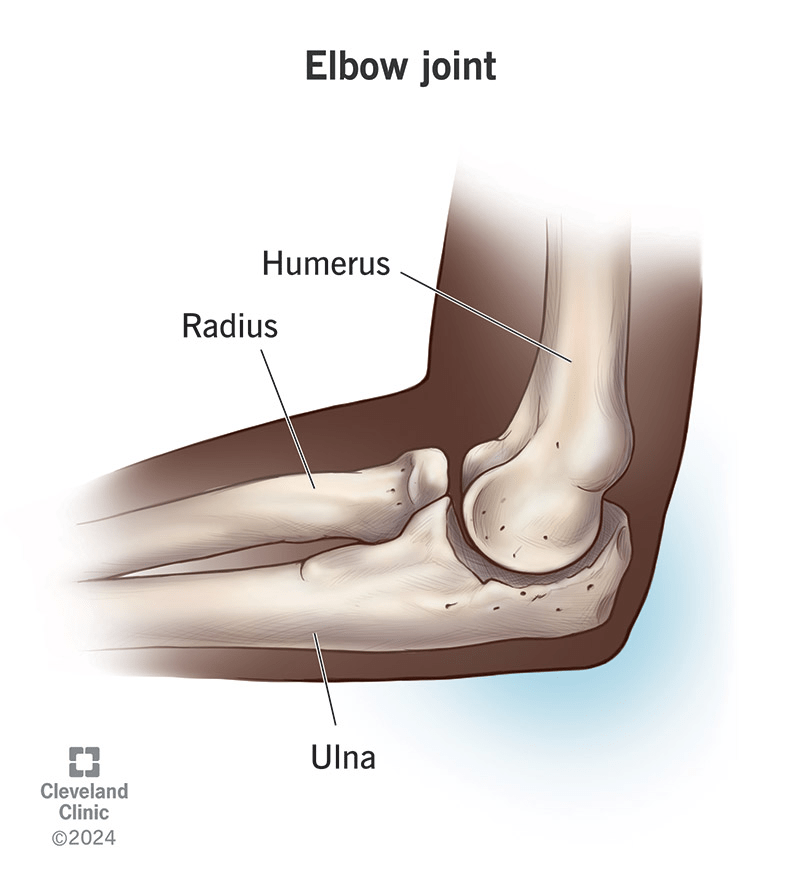
There are 3 types of joints:
a. movable, immovable, and partially movable
b. movable, fused, and partially fused
The 3 types of joints are a. movable, immovable, and partially movable.
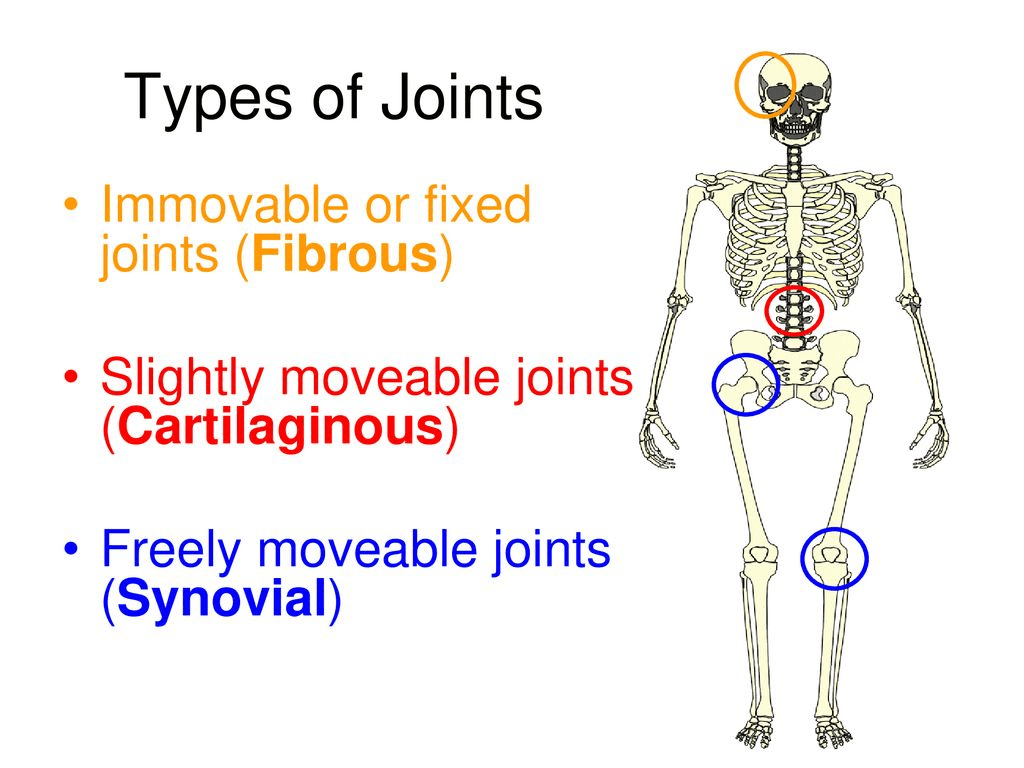
What type of joints do both the hips and shoulders have?
a. hinge
b. ball in socket
c. immovable joints
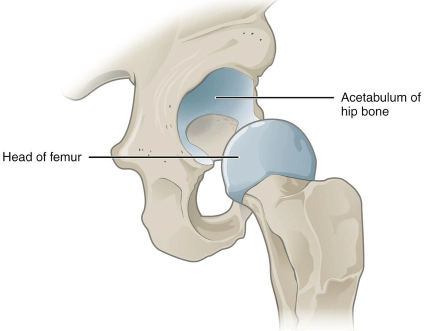
The hips and shoulders both have ball in socket joints.
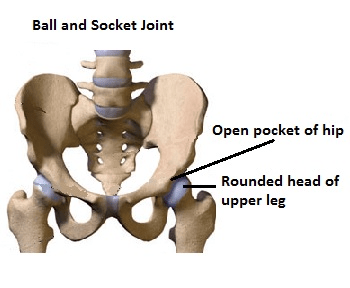
What kind of joint is the jawbone, knees, elbows, and wrists?
a. hinge joint
b. ball in socket joint
c. immovable joint
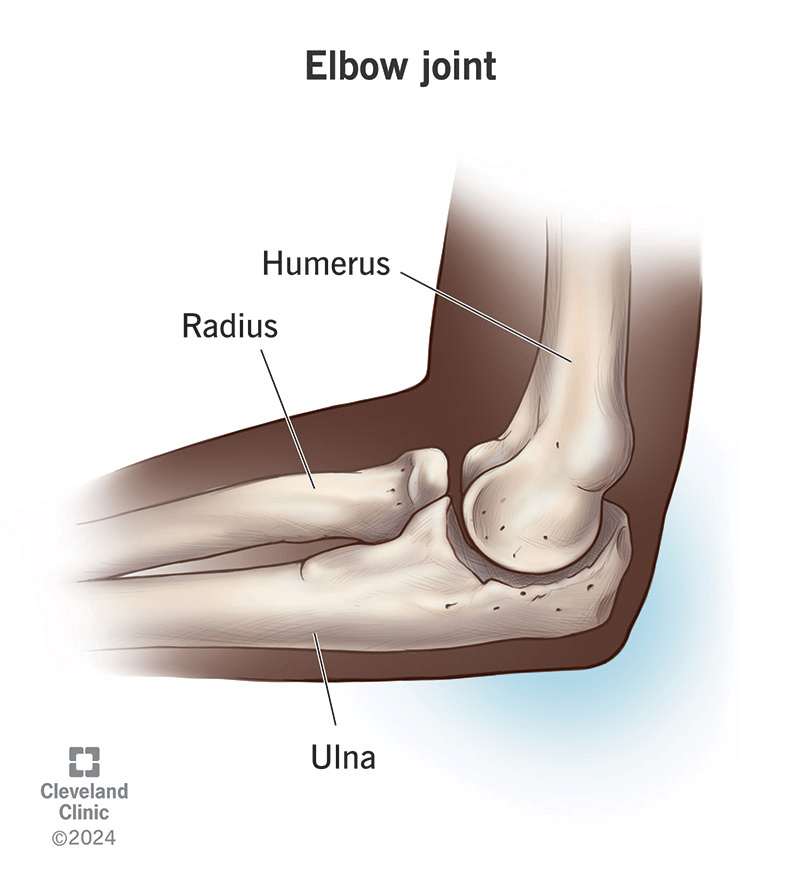
They are all hinge joints.
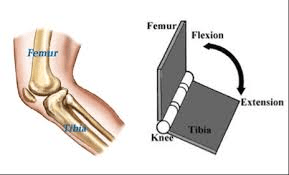
Some bones are locked together to form a solid bone like a turtle shell and are immovable joints. What is an example of this?
a. ribs
b. skull
c. spine
The skull is an example of immovable joints.
b. skull
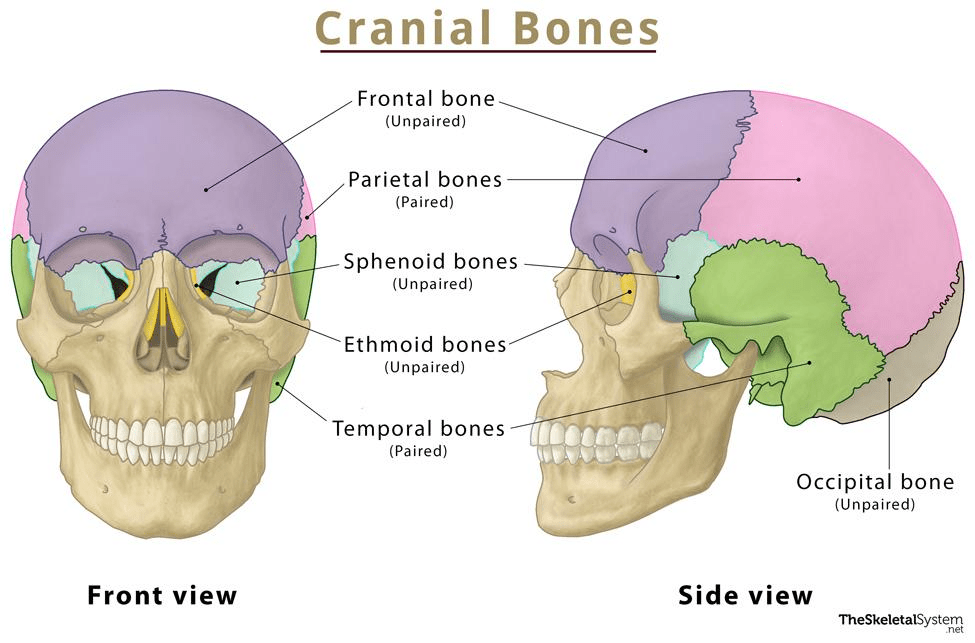
What are your arms attached to?
The arms are attached to the shoulders.
What are your legs attached to?
What organs does the pelvis protect?
a. stomach and intestines
b. bladder and intestines
c. heart and bladder
The pelvis protects b. the bladder and intestines.
What is the longest, heaviest, and strongest bone in the body?
a. tibia
b. femur
c. fibula
The longest, heaviest, and strongest bone is the femur.
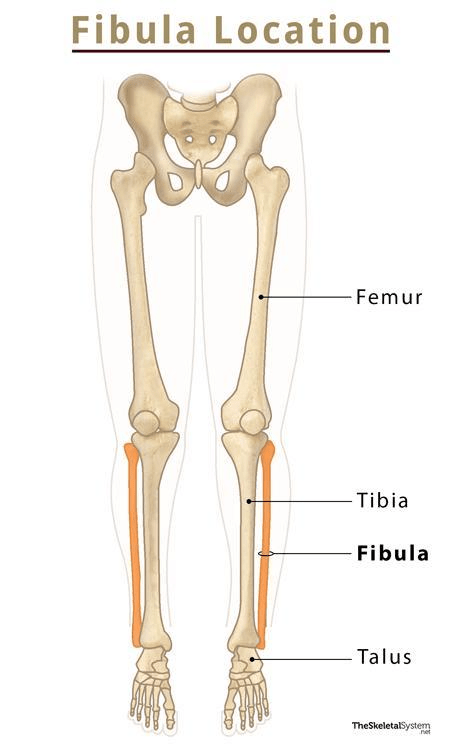
Your lower leg is made up of two different bones. What are they?
a. tibia and femur
b. tibia and fibula

The lower leg is made up of b. the tibia and fibula.
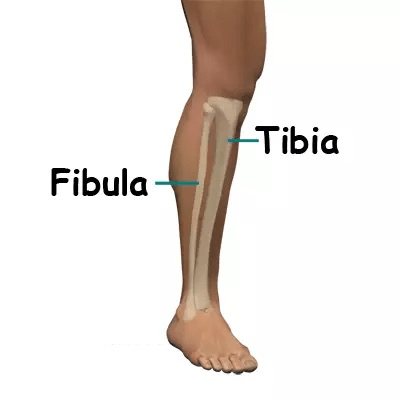
What are appendicular bones?
a. supporting bones
b. bones that hang on to larger bones
c. bones that protect
Appendicular bones are bones that hang on to larger bones.
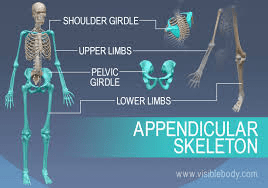
What is the medical term for shoulder blades?
a. scallopini
b. scallop
c. scapulae
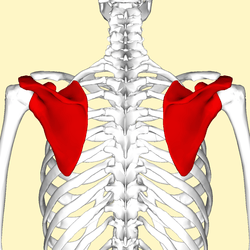
The medical term for shoulder blades is called c. scapulae.
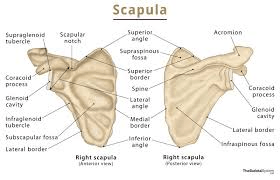
What is the medical term for the collarbones?
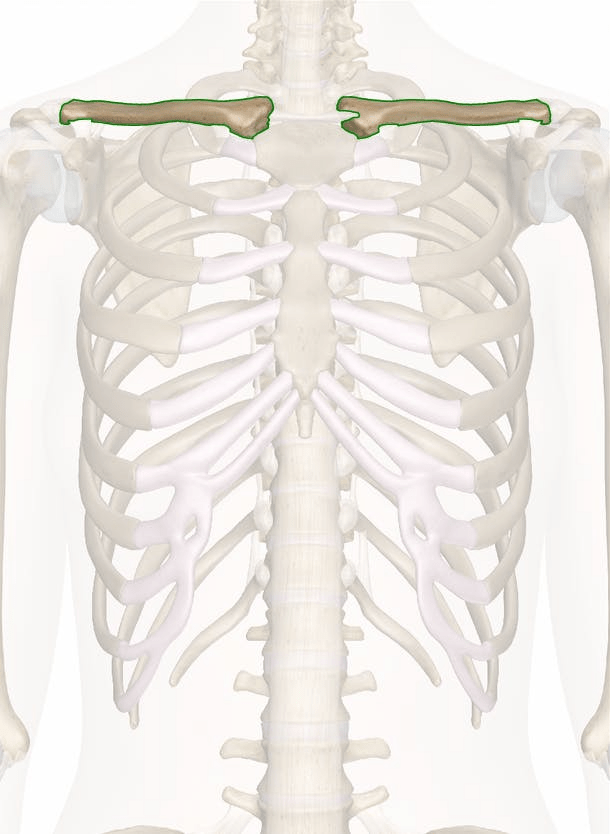
The medical term for the collarbones is clavicles.
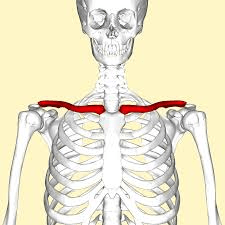
What is the medical term for the hipbones?
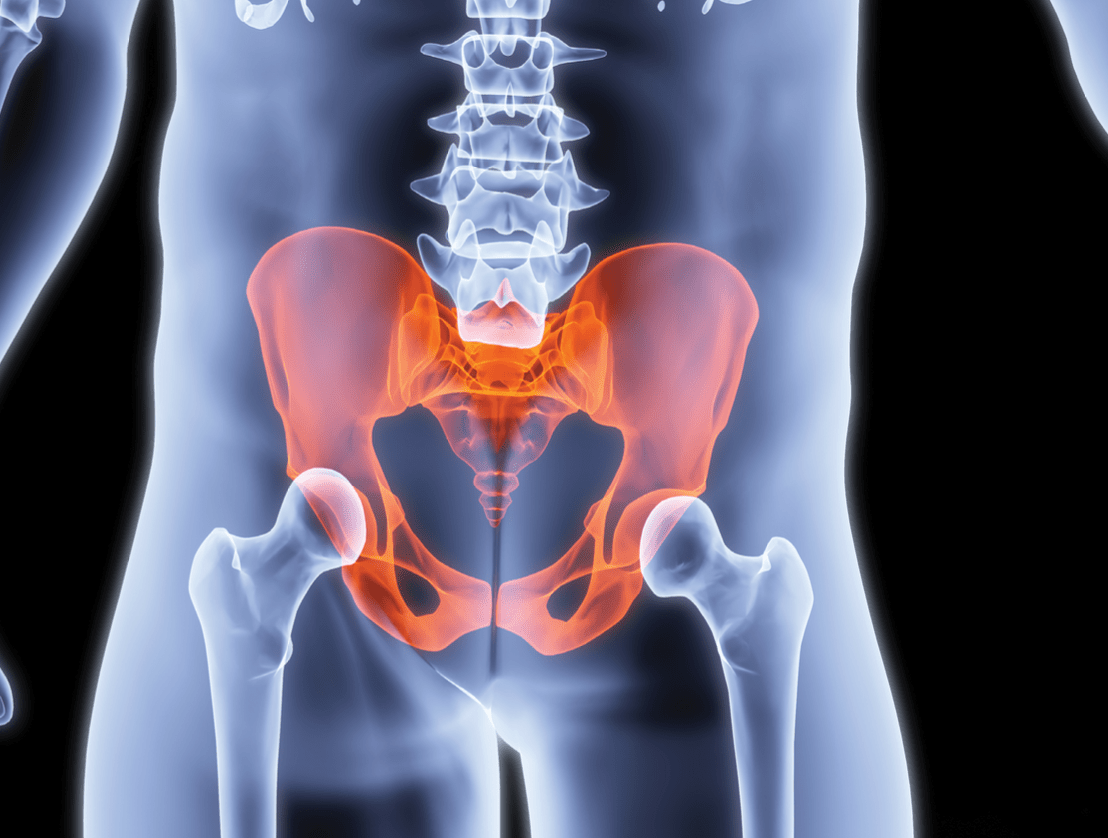
The medical term for the hipbones is the pelvis.
What is the medical name for the thighbone?
a. tibia
b. fibula
c. femur
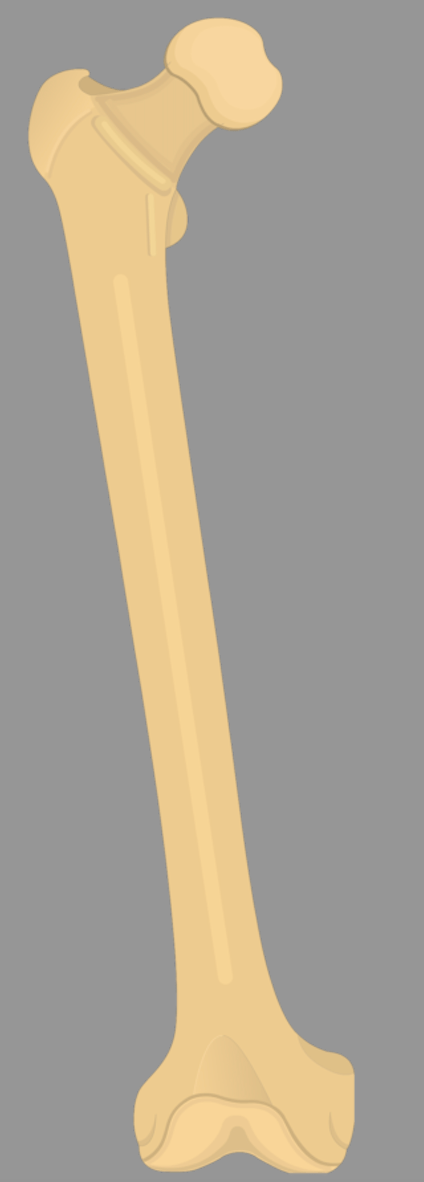
The medical name for the thighbone is c. femur.